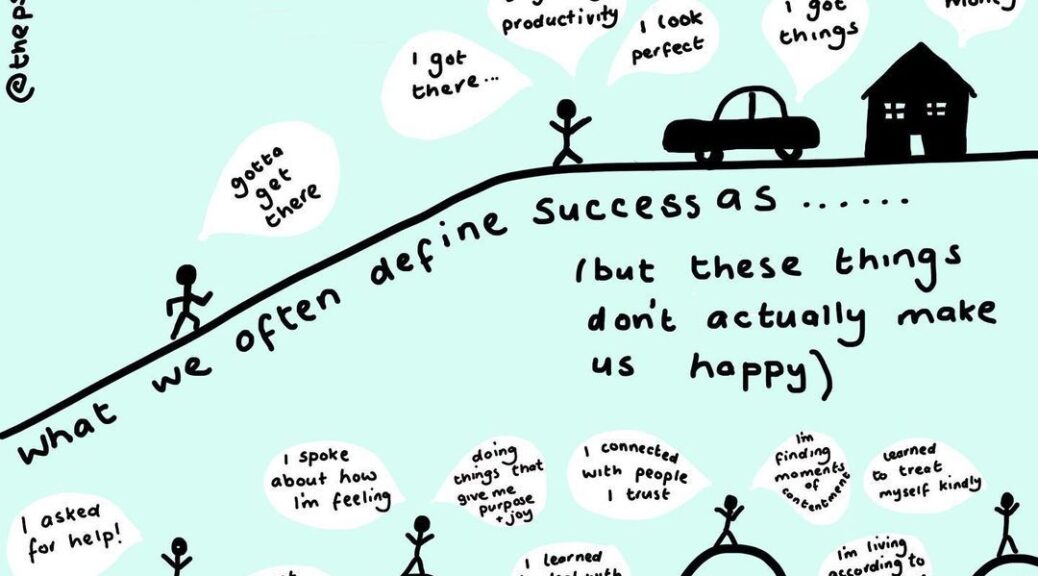I have been having a difficult time writing enough about any one topic to finish one article… Meaning I have six articles started, and can’t or won’t finish them.
What’s going on?
I am afraid.
That’s new FEARLESS Sophie, tell me more?
Some of the things that are being shown to me recently are polarizing. Dividing people. Will make some, maybe many people angry.
The truth hurts. And when something hurts, it is natural to go to victim mode, effect mode, and point a blaming finger at someone. At me.
So I have been cowardly, and have been sitting on the fence.
But today I think I’ll overcome the inertia, and say what there is to say.
OK, it’s about vibration, capacities, and what you can get or not get, what you can use, what is going to work for you or not, depending on your numbers.
Most of us live on a level and in a position in life where we are fairly competent.
Then, according to the Peter Principle, some of us are moved to a level where you are incompetent, especially in organizations, and you suffer.
You either become competent on your new level, or you keep on suffering.
To avoid being challenged we tend to remain at a place, in a position, where we are competent.
And yet, we want more from life, than the place, the position, our competency can give us.
We dream. We imagine. We watch people who have more, do more, and we want that.
To go from one level to the next level is arduous. It is much like going from elementary school level to college level without going through high school… four years in most countries.
But we don’t think that. We think we can put ourselves in a college classroom, and catch up.
I see that everywhere, with many of the people who I am in contact with, people I can observe.
Doing the work to raise your vibration is college level, maybe even graduate studies level work.
You are sitting in a college classroom with an elementary school education. Most of the things I say you miss. 90% minimum. Most of you miss it all.
You blame it on me… maybe. But I ask you a question: can you imagine a college professor teaching college level material effectively in high school? I can’t.
The program I use in my 67-steps coaching program, is the high school level education that you missed.
The more you think you have it, the less it can fill the gaps for you.
Just as in architecture there is no building the top floor before the foundation, there is no jumping in knowledge.
Unless the new piece has a chance to attach and be supported by already there knowledge. Here is what Charlie Munger has to say about it: “You may have noticed students who just try to remember and pound back what is remembered. Well, they fail in school and in life. You’ve got to hang experience on a latticework of models in your head.” — Charlie Munger (self-made billionaire entrepreneur and investor)
I missed a semester in architecture school due to being hospitalized, and I could never catch up. I was t
Read the rest of the article









